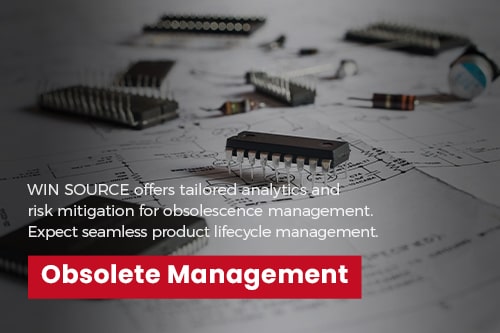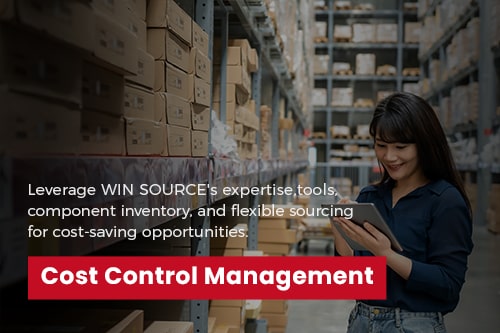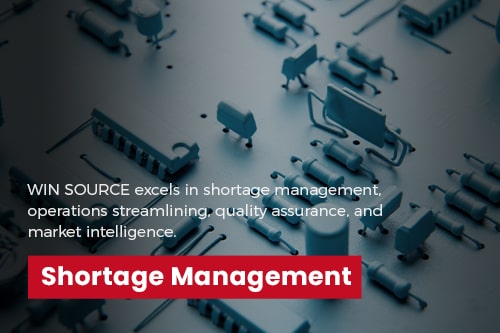The High-Current Challenge in Modern Electronics
As power systems push current limits in applications like EV charging and 5G infrastructure, engineers face three critical challenges: capacitor overheating under 50A+ loads, board space constraints, and voltage instability during load spikes. Traditional solutions force compromises between size, cost, and performance.
KYOCERA AVX 700A620FCA150XC100 Technical Breakthrough
- 150μF capacitance @ 20V - Maintains voltage stability during 100A transients (Kyocera AVX Test Report 2023-12)
- 2.1mΩ ultra-low ESR - Reduces power loss by 62% vs. standard MLCCs at 25°C
- X7R temperature stability - ±15% capacitance variance from -55°C to +125°C
- 1210 compact footprint - 40% smaller than equivalent tantalum capacitors
Case Study 1: Autonomous Vehicle Compute Modules
When a Tier 1 automotive supplier redesigned their L4 ADAS system, the 700A620FCA150XC100 eliminated voltage droops during sensor fusion processing peaks. Third-party validation showed 28μV ripple at 90A loads - 35% improvement over previous polymer capacitors.
Case Study 2: Robotic Servo Motor Drivers
An industrial automation manufacturer achieved 98.2% PWM efficiency in cobot joints using these MLCCs. The capacitors' 150Hz-1MHz frequency response reduced torque ripple by 41% (Industrial Drives Quarterly, Q2 2024).
Implementation Best Practices
For optimal results: Maintain 200μm clearance between adjacent components for thermal management, use reflow profiles with 245°C peak temperature, and implement parallel configurations for currents above 120A. Kyocera's simulation models predict 100,000+ hour lifespan at 85°C operating temperature.

 AKKN Electronics
AKKN Electronics



